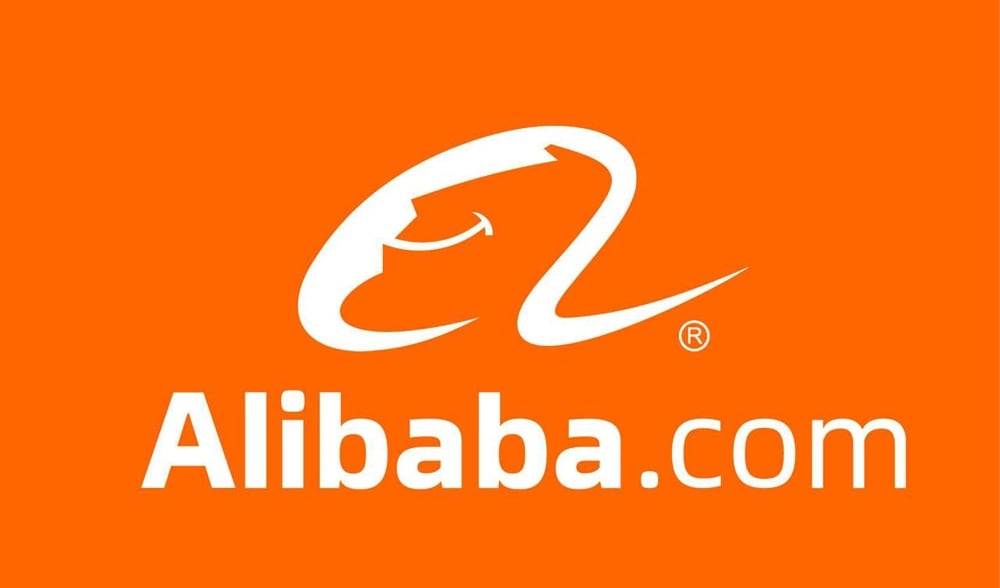Quarterly Results of Alibaba: A Look at Consumer Discontent and the Future of the Company
Recent financial results from Alibaba Group Holding Ltd. $BABA for the March quarter revealed both positive and negative aspects, raising further questions about the technology giant's future strategy. The company's revenue grew by 7% compared to the same period last year, yet this growth fell short of analysts' expectations, casting a shadow on investor optimism regarding its stock and the overall state of the Chinese consumer market.
Revenue and Profit Overview
Alibaba reported sales of 236.5 billion yuan (approximately $32.8 billion), slightly below the average forecast of 237.9 billion yuan. This disappointing result stands as another confirmation of the persistent dissatisfaction among Chinese consumers, which could undermine confidence in the largest player in the online retail space.
Despite modest revenue growth, the company recorded an impressive increase in net profit, which rose nearly fourfold. However, this increase was partially due to gains from equity investments, raising concerns about the sustainability of such figures in the long term.

Market Reaction
The negative quarterly results did not go unnoticed—Alibaba's U.S. depositary receipts, traded on the New York Stock Exchange under the ticker symbol BABA, fell by 7.8% immediately after the markets opened on Thursday. This sharp decline highlights the growing sensitivity of investors to changes in corporate financial performance, especially in light of current economic conditions.
Challenges Facing Chinese Consumers
The decline in consumer sentiment in China reflects a broader economic context within which Alibaba operates. Reduced consumer activity may be linked to various factors, including high debt levels, uncertainty in the labor market, and price volatility for goods. The company must address these challenges to maintain its market share in a rapidly changing environment.

Potential Shift to Artificial Intelligence
To enhance competitiveness and adapt to market conditions, Alibaba is considering a shift towards artificial intelligence technologies. This may become a key step in improving user experience and increasing operational efficiency. AI has the potential to not only optimize current processes but also offer new opportunities for customer engagement and sales growth.
The situation with Alibaba illustrates the need for flexibility in the strategies of large companies that aim to meet consumer expectations and adapt swiftly to market shifts. The relevance of technologies like AI has never been more significant.
Key Financial Highlights
Revenue grew by 7%, reaching 236.5 billion yuan;
Net profit increased nearly fourfold;
Poor results triggered a stock decline of 7.8%;
Continued consumer dissatisfaction;
Potential for AI integration to improve business performance.
Alibaba's quarterly report has become an indicator of current issues in the Chinese economy and the challenging situation regarding consumer demand. The company's initiatives to integrate technology may be crucial for its future development. Proactive responses to changes in consumer preferences and the utilization of modern technologies could help Alibaba maintain its leadership position in the online retail market.















Comments
It's concerning to see Alibaba's growth not meeting expectations, signaling tough times for the Chinese tech market.
Alibaba's mixed results highlight the challenges ahead as they navigate a tough market landscape.